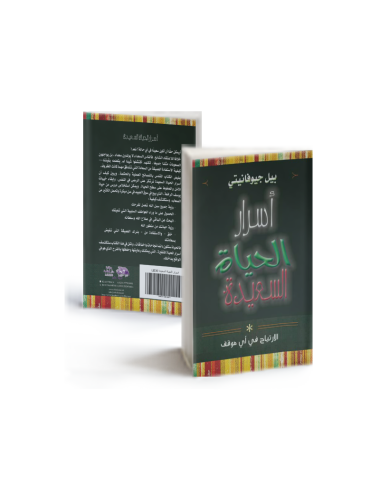The History of Christian Thought
Why would you read about the history of Christian thought? If you are Christian yourself, it helps you to understand about thinkers and the faith of the generations.
0.262 kg - 400 kg
Why would you read about the history of Christian thought? If you are Christian yourself, it helps you to understand about thinkers and the faith of the generations.
How do we find meaning in life when it seems futile and meaningless? Ecclesiastes takes readers on a journey pondering this timeless question, and this commentary helps set the book within a biblical worldview in order to help teachers communicate and apply the profound truths of Ecclesiastes today.
"This book has won a firm fan. Ideal for teachers as well as students . . . In an increasingly multicultural world, this is an essential read for anyone wanting to know about religion. Loads of pictures and photos make this easily the best book of its kind." —Jon Hancock, children's book buyer for Borders UK
"This book has won a firm fan. Ideal for teachers as well as students . . . In an increasingly multicultural world, this is an essential book for anyone wanting to know about religion. Loads of pictures and photos make this easily the best book of its kind." —Jon Hancock, children's book buyer for Borders UK
This comprehensive exploration of the interpretive process,
has served as a successful textbook. It focuses on the three "worlds" of biblical interpretation--the world of the author, the world of the text, and the world of the reader--to help students develop an integrated hermeneutical strategy. The book offers clear explanations of interpretive approaches, which are supported by helpful biblical examples, and succinct synopses of various interpretive methods. Pedagogical aids include end-of-chapter review and study sections with key terms, study questions, and suggestions for further reading.
Discover time-tested biblical keys to unlocking a life of satisfaction, mined from the life of one of the Bible's greatest heroes.
This book is both a testament to a great thinker and a still vital strand of thought in the comprehension and critique of the modern organized world. It is essential reading for younger scholars and a radical reminder for those steeped in the tradition of a critical theory of society.








